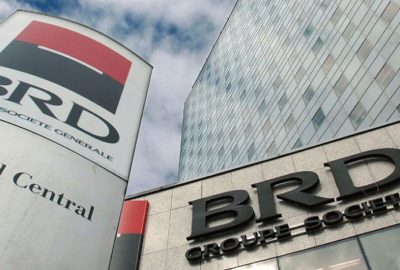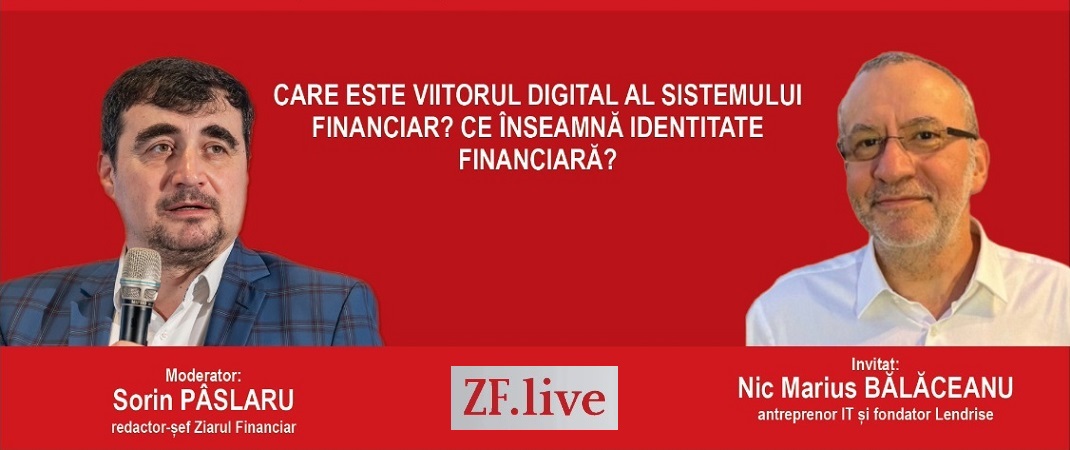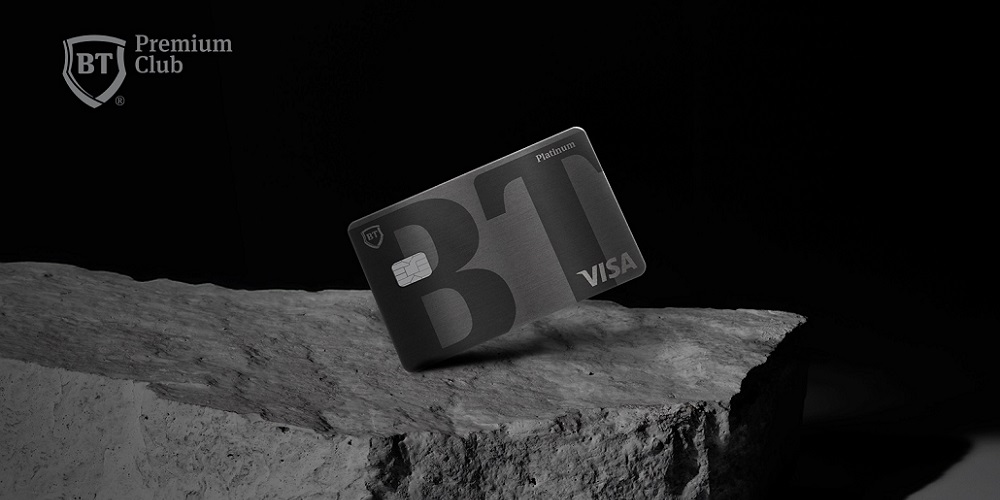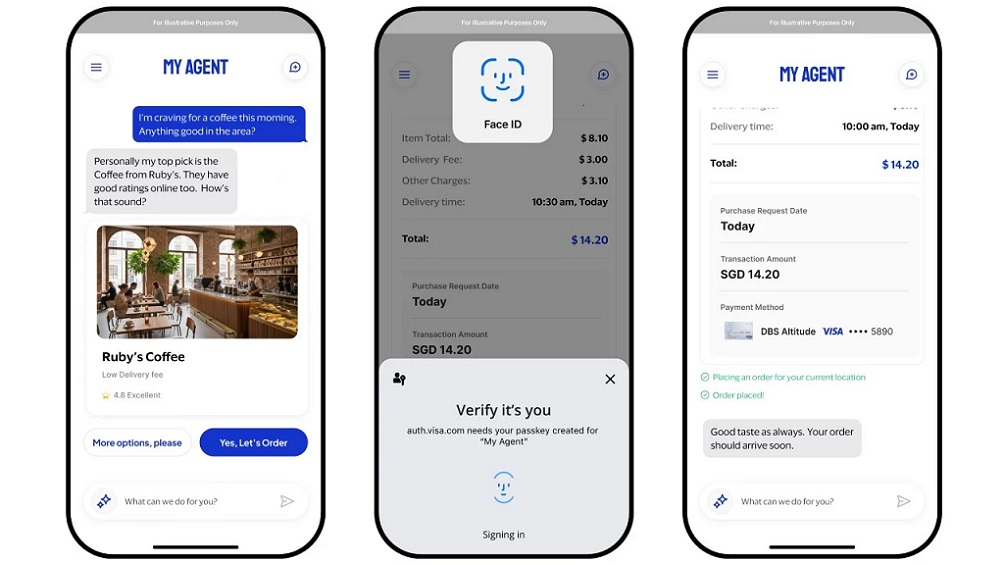New Report Reveals Massive Change in the Ways We Pay over the Last Decade
 A new report, ‘The Way We Pay 2010 ‘, published recently (14 April) by the Payments Council shows a payments revolution occurred in the noughties, and this looks set to continue over the next decade. The last decade not only saw the rise of internet banking and shopping but it was also the decade where cards took control of our wallets as cheques and cash were increasingly replaced by a card – particularly the debit card. Highlights include:
A new report, ‘The Way We Pay 2010 ‘, published recently (14 April) by the Payments Council shows a payments revolution occurred in the noughties, and this looks set to continue over the next decade. The last decade not only saw the rise of internet banking and shopping but it was also the decade where cards took control of our wallets as cheques and cash were increasingly replaced by a card – particularly the debit card. Highlights include:
| 1999 | 2009 | 2018 | |
| Wages paid in cash | 1 in 8 | 1 in 20 | 1 in 50 |
| Transactions using cash | 73% | 59% | 45% |
| Cash spending in pubs | 90% | 40% | 25% |
| Debit card spending | £65bn | £264bn | £490bn |
| Personal transactions using cheques | 6% | 2% | 0.8%* |
| Faster Payments | N/A | 294m | 836m** |
Rapid decline of cash wages
A decade ago one in eight workers still got paid cash-in-hand. By 2009 just one in twenty took wages home in notes and coins. By 2018, it will be only one in fifty. Interestingly in the mid 2000s, the shift away from cash halted temporarily, before falling again in 2008. A much bigger switch from cash has taken place in state benefit payments: ten years ago, 87% of benefits and pensions were paid in cash; today, 79% are paid directly into bank accounts. The demise of cash wages has been driven by the ongoing expansion in the number of automated payments and cash machines. There are 63,000 holes in the wall in the UK today, two-and-a-half times more than ten years ago.
Mike Bowman, head of policy and markets at the Payments Council comments: “More and more people have opened bank accounts in the last ten years, and fewer and fewer have jobs in manufacturing where a weekly wage packet is more common. As a result far fewer of us get wages cash-in-hand. The million-strong migration of Eastern Europeans to the UK in the mid 2000s may well have slowed the decline. Many of these newcomers may have initially earned cash, often sending it back to their families but as they either returned home or settled permanently, and opened bank accounts, cash has fallen back again.”
Use of cash predicted to fall below half of all transactions for first time
On the face of it, cash still looks popular. Six in ten transactions still involve cash, but almost 80% of these are less than £10. In just five years time, cash transactions are expected to represent less than half the total for the very first time. The value of cash we use is dwindling even faster compared to our wealth and our spending, rising only 7% in the last ten years, while overall consumer spending has doubled. If we had not made the move to other payments such as cards, we would need £102bn more in our wallets each year to meet our spending needs today, compared to ten years ago. This equates to £2,050 more for each adult per year, or £40 per week each.
Pubs and clubs are a perfect case in point. In 1999, we bought nine out of ten of our pints with cash. Now only 40% of pub spending involves notes and coins and pub goers are much more likely to be eating out as well as drinking. Chip and PIN, primarily on debit cards, now accounts for more than half of all spending in pubs.
Mike Bowman, comments: “Although cash won’t disappear in our lifetime, the continuing payments revolution will make it an ever smaller part of our spending. Even the traditional sight of people waving tenners at the bar is fast vanishing. They’re more likely to brandish their debit cards now as they compete to get served. ”
Cheques check out
Cheque usage has been falling since 1990. Just 0.8% of retail transactions are now made by cheques. By value, 60% of what consumers pay by cheque is now for financial transactions (savings, investments, paying credit card bills).
Mike Bowman, comments: “As far back as fifteen years ago, although we predicted a big fall, we still thought a billion cheques would be written by consumers in 2009. It turned out to be half that number. By 2018, even if nothing was done to actively manage the cheque’s decline, its falling use is likely to match what we’ve seen over the past decade.”
Credit cards reach maturity as debit cards rise to dominate the payments revolution
Card usage has flourished as traditional payment means have withered. But credit card usage has actually fallen in real terms since 2005. Debit cards have become the payments workhorses. We have increased how much we spend on cards fourfold in ten years and will use them six billion times this year. Increasingly debit cards have taken over both higher value credit card payments, and lower value cash payments. By 2018, one in four of all transactions will be on a debit card, up from just one in twenty ten years ago. This could prove a conservative forecast as the contactless revolution gathers pace – with more cards carrying contactless technology being issued and more retailers rolling out the new technology.
Mike Bowman, comments: “The noughties have been the decade of the debit card. Especially since chip and PIN, which has speeded up transactions, it’s become socially acceptable to buy small items by card now too, for example in a sandwich shop or a pub. Now there are no fiddly bits of paper and time-consuming signatures there’s no tutting from the queue behind.
“Contactless payment for small purchases has the potential to drive debit card usage even higher. With 18 billion cash transactions less than £15, there’s a huge opportunity for us to replace billions of these with a quick swipe past a card reader.”
Faster Payments catch on quickly
The latest act in the payments revolution is the arrival of Faster Payments. At launch, it was calculated that about 8% of Bacs phone and online banking payments and standing orders payments were eligible to become Faster Payments, but in fact, many more payments have materialised suggesting that customers have decided to replace a cheque or cash payment in favour of something faster. Half of regular standing orders have now migrated to Faster Payments, while individuals are making around ten million more one-off internet and phone payments per month than before the new system was launched.
Mike Bowman, comments: “Despite its gradual rollout the speed and convenience of Faster Payments has generated more internet and telephone banking transactions than were previously processed by Bacs, much in the same way as a new motorway promising rapid transport always generates more traffic than it was intended to alleviate.”
The Payments Council is the organisation that sets strategy for UK payments. It was established to ensure that UK payment systems and services meet the need of users, payment service providers and the wider economy. More information can be found at www.paymentscouncil.org.uk
* The forecasted figure for cheques was estimated prior to the decision being made on 16 Dec 2009 to set a target to close cheque clearing in 2018, and as such is not based on any intervention, implicit with a managed decline.
** This figure includes volumes of standing orders and one-off phone/internet banking payments. Faster Payments was a new service launched in May 2008 to speed up internet/phone and standing order payments.
Dariusz Mazurkiewicz – CEO at BLIK Polish Payment Standard
Banking 4.0 – „how was the experience for you”
„To be honest I think that Sinaia, your conference, is much better then Davos.”
Many more interesting quotes in the video below:









